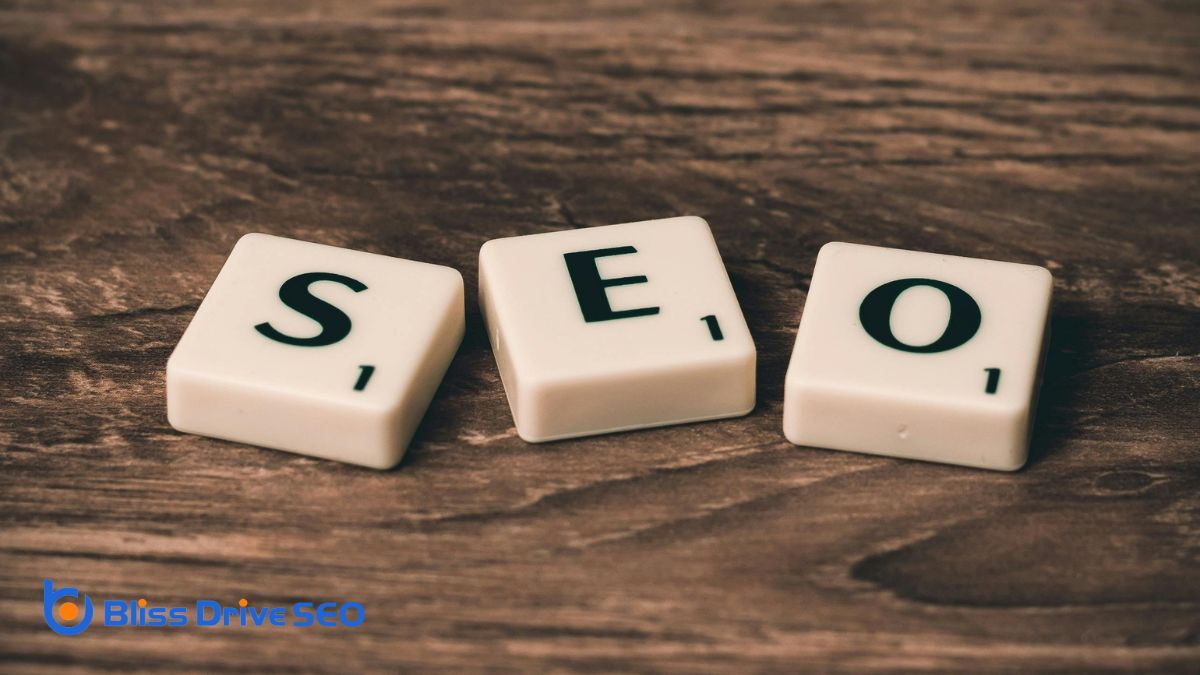Learn More About Us

When you think about SEO and Google, you might wonder if it's truly free. Sure, Google doesn't charge you directly for appearing in organic search results, but getting there isn't as simple as it sounds. It takes a strategic blend of quality content, website optimization, and staying on top of SEO trends. So, while the listings might not cost a dime, the journey to rank high can involve various investments. Are you curious about what these investments might entail and how they impact your online presence? Let's explore the hidden layers of SEO's real cost.
When it comes to Google's search engine, organic search results are a cornerstone of its user experience. These results are the listings that appear naturally on the search engine results page (SERP) based on Google's algorithm rather than through paid advertisements. Understanding how these results work is essential for anyone interested in SEO (Search Engine Optimization)The process of improving the visibility of a website on search engines via organic search results..
Organic search results are determined by Google's complex algorithms, which evaluate numerous factors like relevance, quality, and user experience. The content that ranks highly is typically well-written, authoritative, and provides value to the searcher.
You're not paying Google to appear in these spots; instead, you focus on creating quality content and optimizing your website according to best practices.
Your goal is to make your content as relevant as possible to the search queries you're targeting. This means using appropriate keywordsWords or phrases that users type into search engines to find information., ensuring fast page load times, and providing valuable information. Google aims to provide users with the most relevant and useful results, so your content should meet these criteria to rank well.

Many wonder about the expenses involved in optimizing a website for search engines, and while SEO itself doesn't require payment to Google, the tools that assist in this process often do come with a cost. These tools, ranging from keyword researchThe process of finding and analyzing search terms that people enter into search engines. to analyticsThe systematic computational analysis of data or statistics to gain insights and support decision-ma..., can greatly enhance your strategy. Investing in them can provide valuable insights, helping you understand your audience and competition better.
You might encounter some SEO free tools, but they often have limitations. Paid tools like SEMrush, Ahrefs, and Moz Pro offerThe specific product or service being promoted by affiliates. extensive features, providing detailed data and analysis. They can track your rankingsThe position at which a website appears in the SERP., analyze backlinksLinks from other websites pointing to your website, crucial for SEO., and suggest improvements. These features can save you time and effort, making the initial investment worthwhile.
It's important to assess what your needs are. If you're managing a small site, you mightn't require every feature a high-tier tool offers. However, if you're running multiple campaigns or larger projects, the advanced capabilities of paid tools can be priceless. Consider trial periods to see if a tool fits your needs before committing.
Ultimately, while these tools aren't free, they can be crucial in driving the success of your SEO efforts.
When considering SEO, you must recognize the considerable effort required for effective optimization. It's not just about quick fixes; a long-term commitment is essential to see meaningful results.
Investing your time wisely can greatly impact your site's visibility and success.
Achieving effective SEO on Google requires a significant investment of time and effort. You can't just set things up once and expect to see results. Instead, it involves a continuous process that demands your attention.
First, you'll need to conduct thorough keyword research. This means identifying the terms your potential audience searches for and understanding the competition surrounding those keywords.
Next, focus on creating high-quality, relevant content that addresses the needs of your audience. Regularly updating your content is essential, as it signals to Google that your site is active and valuable. Additionally, you'll need to optimize on-page elements like title tags, meta descriptions, and headers, ensuring they're aligned with your chosen keywords.
Technical SEOOptimizing the server and website structure to improve search engine crawling and indexing. is another area requiring your effort. This includes improving your site's loading speed, ensuring mobile-friendliness, and fixing broken links. These factors greatly impact user experience and, consequently, your rankings.
While the initial effort in SEO focuses on setup and optimization, the real challenge lies in maintaining and improving your search rankings over time. It's not just about reaching the top; it's about staying there. SEO requires a long-term commitment because search engines constantly update their algorithms. You need to adapt your strategy to keep up. This means regularly updating your content, analyzing performance data, and tweaking your approach based on what works and what doesn't.
You can't just set up SEO and forget it. Regularly publishing valuable content, optimizing for new keywords, and ensuring your website runs smoothly are ongoing tasks.
You're building authority, and that takes time. The more consistent your efforts, the better your chances of maintaining high rankings.

When considering hiring SEO professionals, you'll benefit from their expert guidance, which can greatly enhance your site's visibility.
While there's a cost involved, weighing this against potential increases in traffic and revenue is essential.
It's important to carefully evaluate your budget and the professional's track record to secure a worthwhile investment.
Exploring the complex world of SEO can be challenging, especially if you're not familiar with the ever-evolving algorithms and best practices. Hiring SEO professionals can provide substantial benefits that make your investment worthwhile. Their expertise helps you navigate this intricate landscape and optimize your online presence effectively. Here's how expert guidance can be a game-changer:
Hiring SEO specialists comes with various expenses and considerations you should be aware of. When you decide to bring in experts, you're investing in their knowledge and experience. Typically, costs can vary widely depending on the agency or individual you hire. Some charge a flat monthly fee, while others might bill hourly. Before you commit, it's essential to understand what services are included in their fees, such as keyword research, content optimizationImproving content to enhance its performance and effectiveness., or link buildingThe process of acquiring backlinks from other websites..
Consider the scope of your project. If you're just starting, you might need extensive services, which could be more expensive. For ongoing maintenance, the fees might be lower. Make sure you're clear about your goals so you can communicate them effectively to your SEO specialist.
Don't overlook the significance of checking references and past work. A reputable SEO specialist should provide case studiesIn-depth analyses of specific instances or examples to highlight success stories or lessons learned.... or examples of their success. Ask about their strategies and how they align with your business needs. Transparency is key; make sure they offer regular updates on progress.
Ultimately, hiring SEO specialists requires careful consideration of your budget and the potential return on investment. Weigh these factors carefully to make the best choice for your business.
Many online tools and guides offer free SEO resources to enhance your website's visibility. These resources can help you optimize your site without breaking the bank. Here are some of the best free options available:

Striking the right balance between free and paid SEO strategies can feel like solving a complex puzzle. You might wonder where to invest your time and resources for the best results.
Free strategies, like optimizing your website's content and using free tools, provide a solid foundation. They're budget-friendly and can drive organic trafficVisitors who come to a website through unpaid search engine results., but they require patience and ongoing effort.
On the other hand, paid SEO options, like Google Ads or hiring SEO experts, can offer faster visibility. They allow you to target specific audiences and track performance more efficiently. However, they come with a cost that might strain a limited budget. So, how do you decide?
Consider your immediate goals. If you're aiming for quick results, allocating some funds to paid strategies might be worthwhile. However, for long-term sustainability, incorporating free methods is essential. Also, evaluate your resources. Do you have the time and expertise to manage SEO internally, or is outsourcing a better fit?
Understanding how to measure SEO success is essential to refining your strategies and achieving your goals. When you know what metrics to watch, you can make informed decisions that drive your site's performance. Here's how you can effectively measure your SEO endeavors:
Remember, while ranking high on Google's organic search results doesn't have a direct cost, effective SEO requires both time and effort. You'll likely need to invest in SEO tools or consider hiring professionals to boost your visibility. There are free resources available, but balancing these with paid options can maximize your success. Keep track of your progress to understand what's working and continually refine your strategy to achieve the best results.
